Secret, but Not Secret?
A small start-up in South Korea, Zkrypto (pvt) seems to have found a way to solve this enigma and is currently working with the Bank of Korea (024110.KS) to run simulations to prove the practicality of their software. The company was founded by a professor at Hanyang University and carries the university’s support, having already won the ‘Best Innovation Award’ at the upcoming 2023 CES, so it seems to have at least caught the eye of those who have the ability to evaluate such complex software. The concept is called “Zero knowledge Proof”, and has already been incorporated into the company’s product known as ‘Azeroth’, a digital asset trading platform that can be used for cryptocurrencies and NFT assets while revealing no information about the seller, but can also supply anonymous transfer and audit information to regulatory authorities if necessary, essentially proving a transaction without revealing details about the parties involved.
Of course this immediately sounds like a way for the criminal element to hide all sorts of illegal transactions that might normally need more specific verification and proof of ownership, but before dismissing the idea, there is another application that makes far more sense, even if the crypto application is likely to get the most press. As the generational gap across the voting public widens, there seems to be a trend toward digitizing some of the voting functions, sometimes just counting cards or tabulating verified votes, but a true electronic voting system has yet to be devised that satisfies both the anonymity of the voter and the ability to verify the same voter’s legitimacy as a single-vote caster. With accusations of voter fraud causing such a massive rift across the US, the chances for a move to an all-electronic voting system in the near-term is quite small, but as time passes, a generation of those who consider using an electronic device to feed their dog or to show their approval (or disapproval) of someone’s latest comments on social media, that will eventually change, and the Zkrypto system seems like the first step toward that end.
The company already has a voting application called zKVoting, which the company says is the most secure electronic voting system available, as the information resides on the blockchain and can be verified by anyone, yet provides complete anonymity to the voter, while being able to verify that the vote is legitimate, with both individual votes and the full vote system data being spread across the blockchain and therefore unable to be manipulated. They even have a voting app that can be downloaded from Google (GOOG) Play or the Apple Store.
Unfortunately it is almost impossible for us to verify the software itself, so we have to acquiesce to the praise given by those in the know among CES cognoscenti, but if it is even half of what is said about the software, it seems to have the potential to usher in a new level of digital transactions that could give legitimacy to a wide variety of digital functions, particularly the idea of voting without having to fill out ballots or travel to vote drop-off sites or polling places. While its just another reason for the eventual evolutionary changes that will give subsequent generations fingers with pointed tips and an inability to walk further than the front door, it does seem like a step in the right direction toward legitimizing electronic transactions past current levels.
Ctl+Click to see company video. It is in Korean so click the closed captions and the settings to get an English translation.
https://youtu.be/keYwJZDNYBo

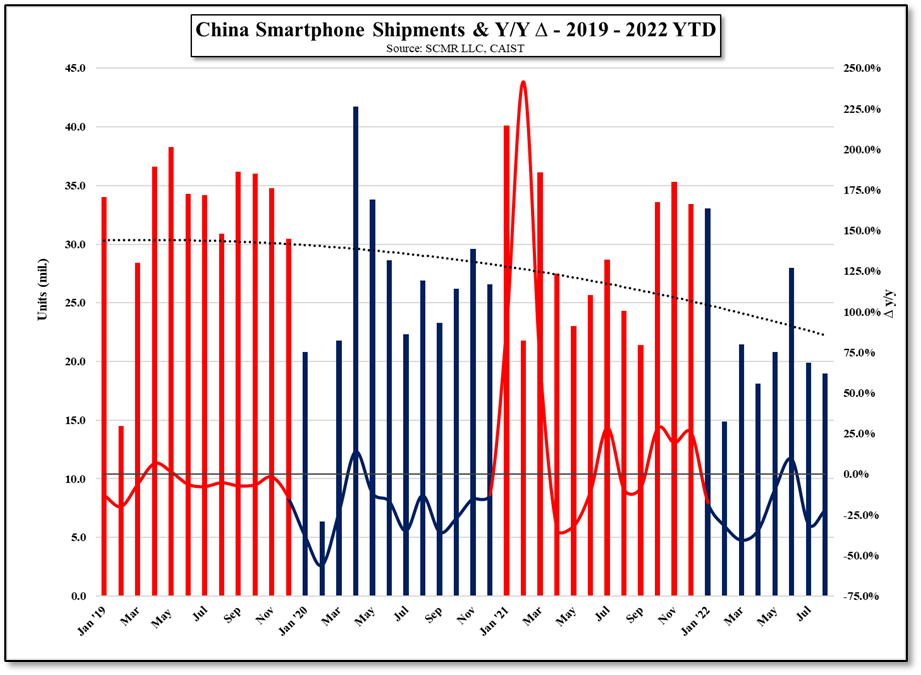
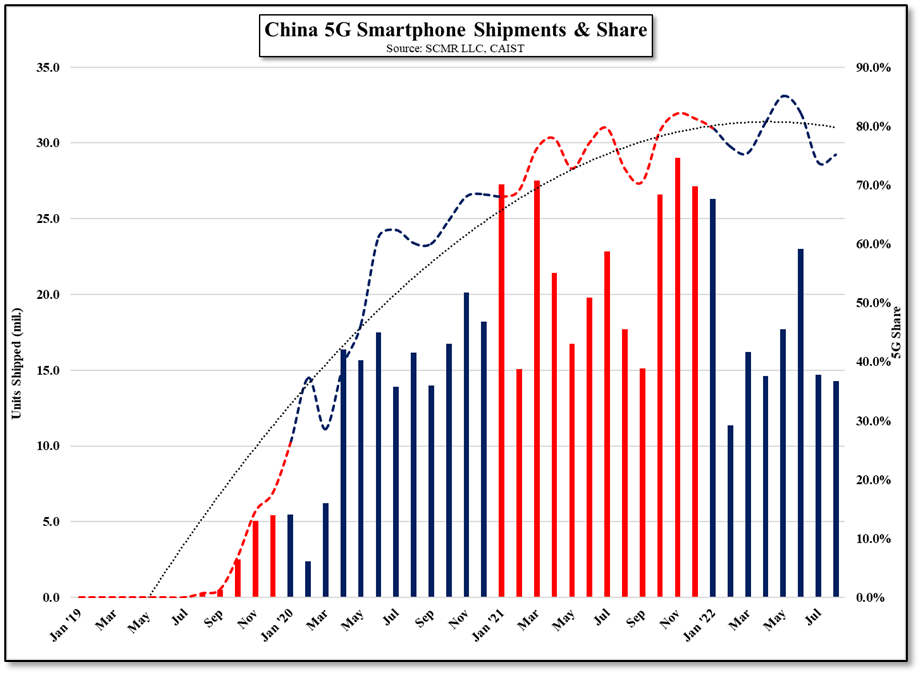
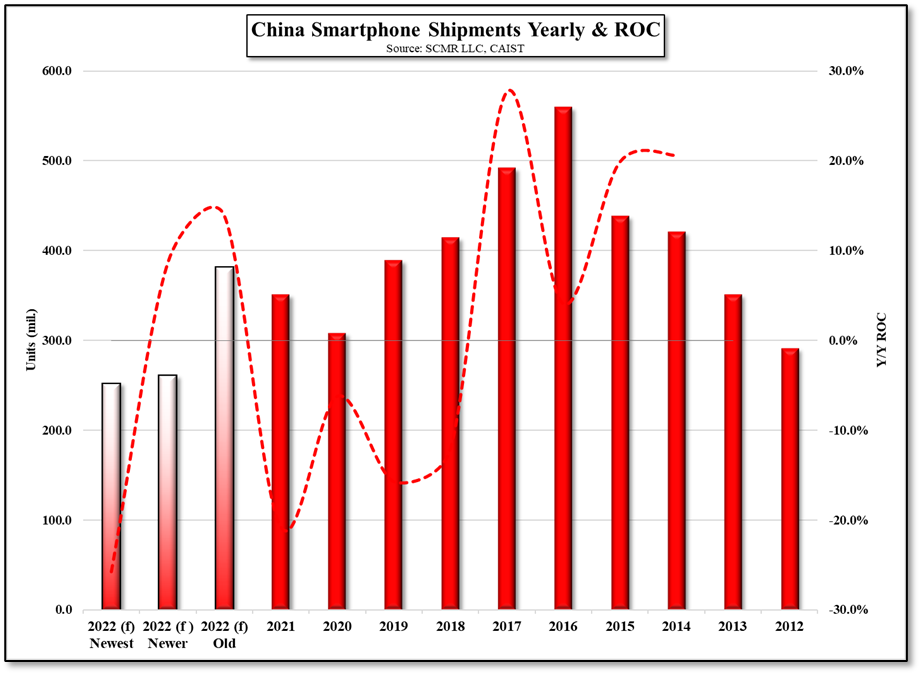







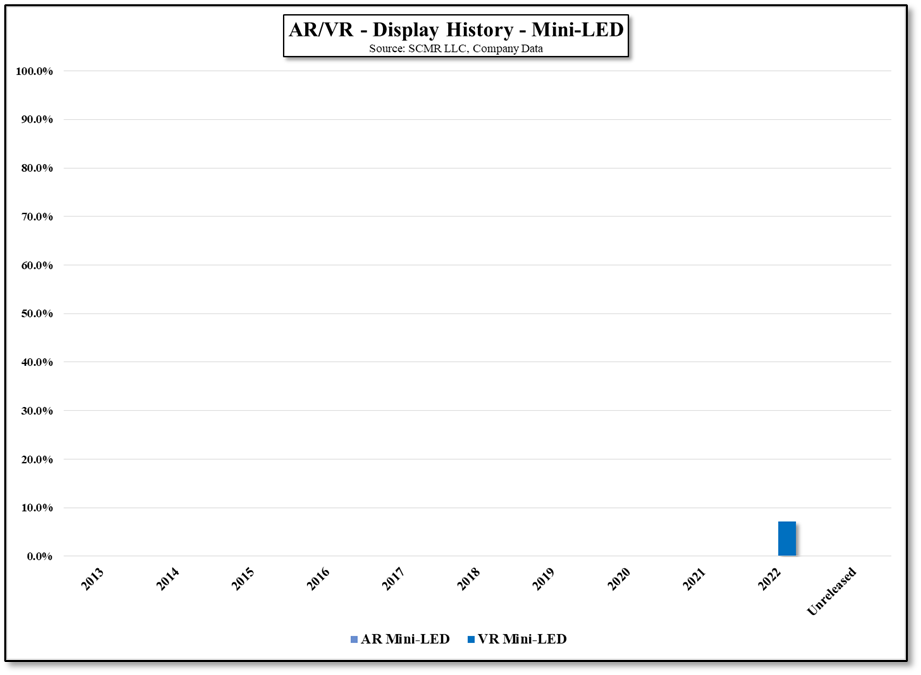

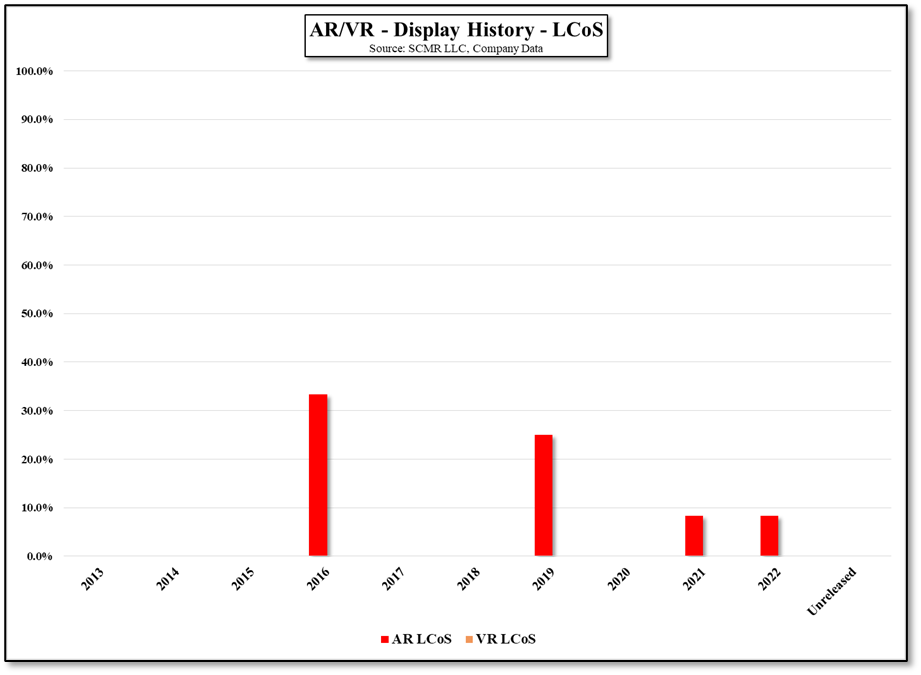
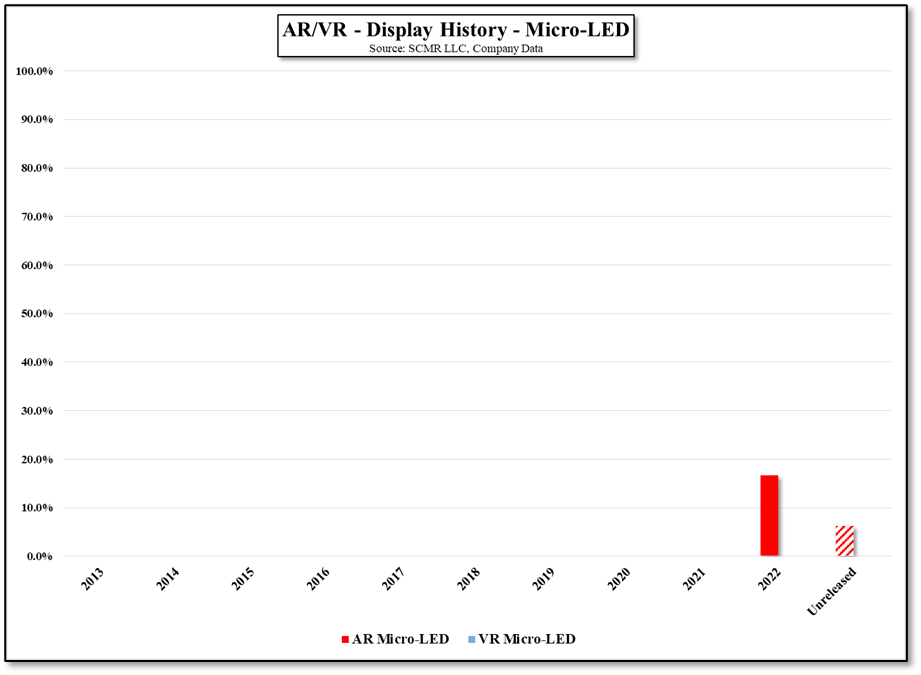
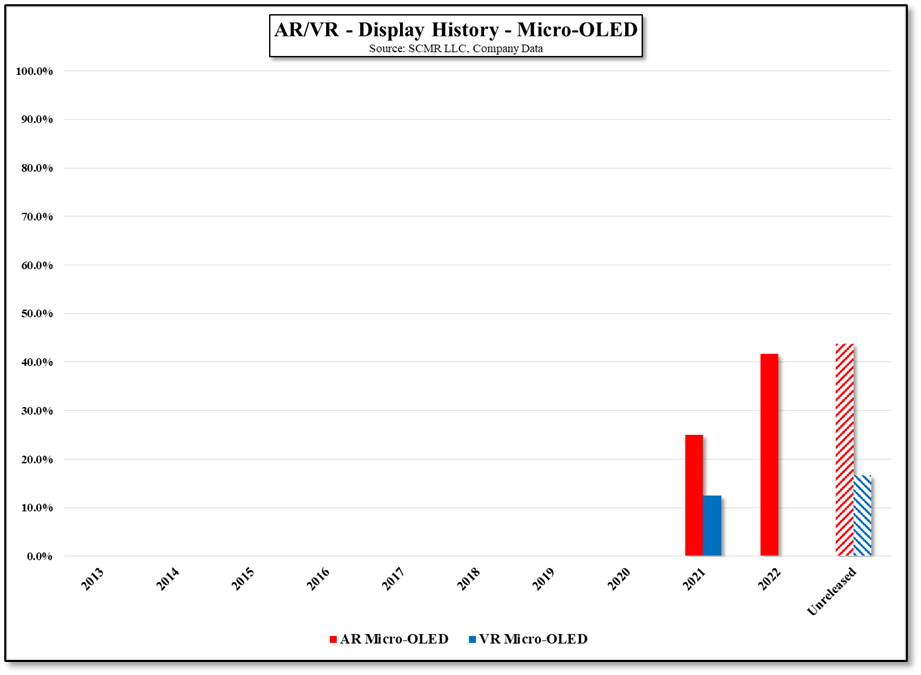
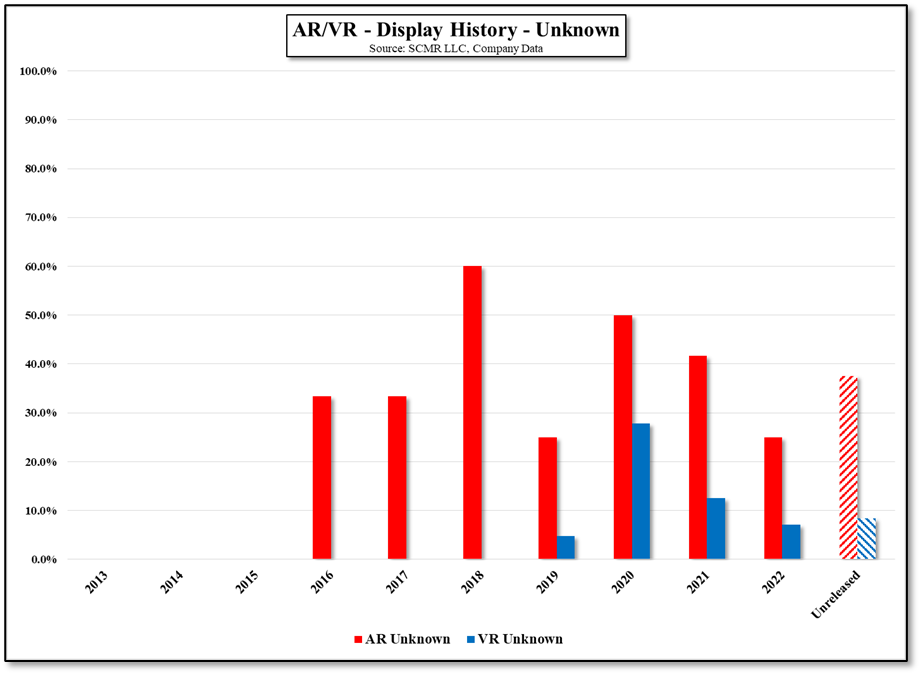




 RSS Feed
RSS Feed